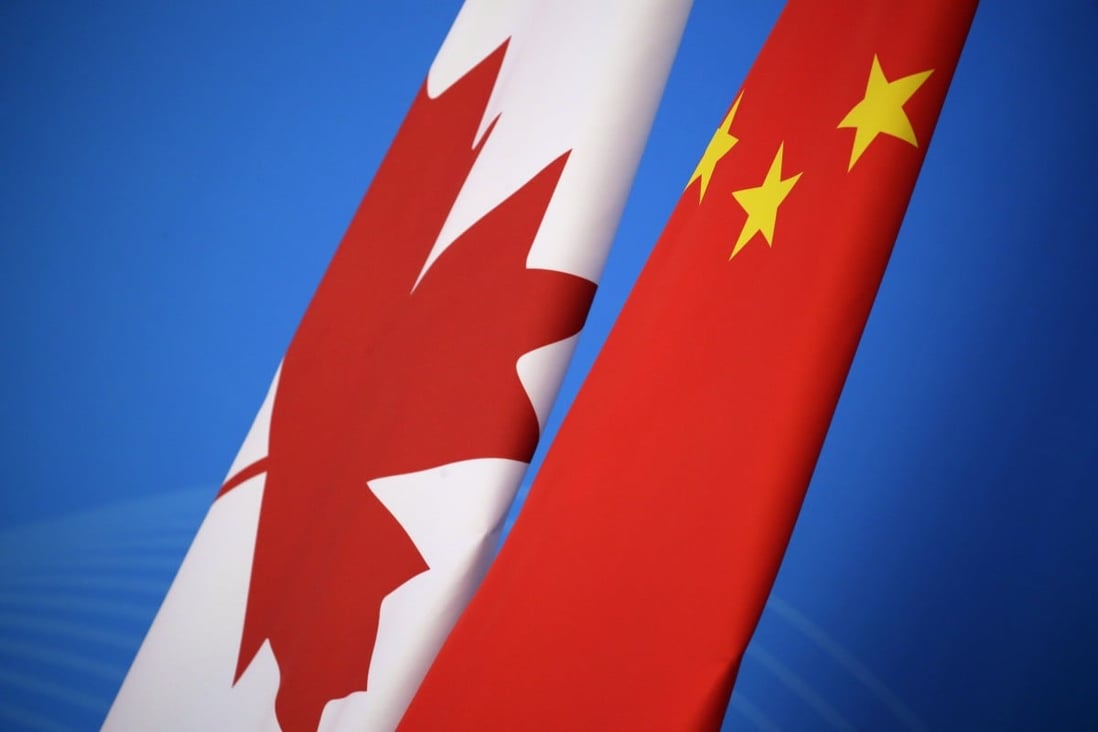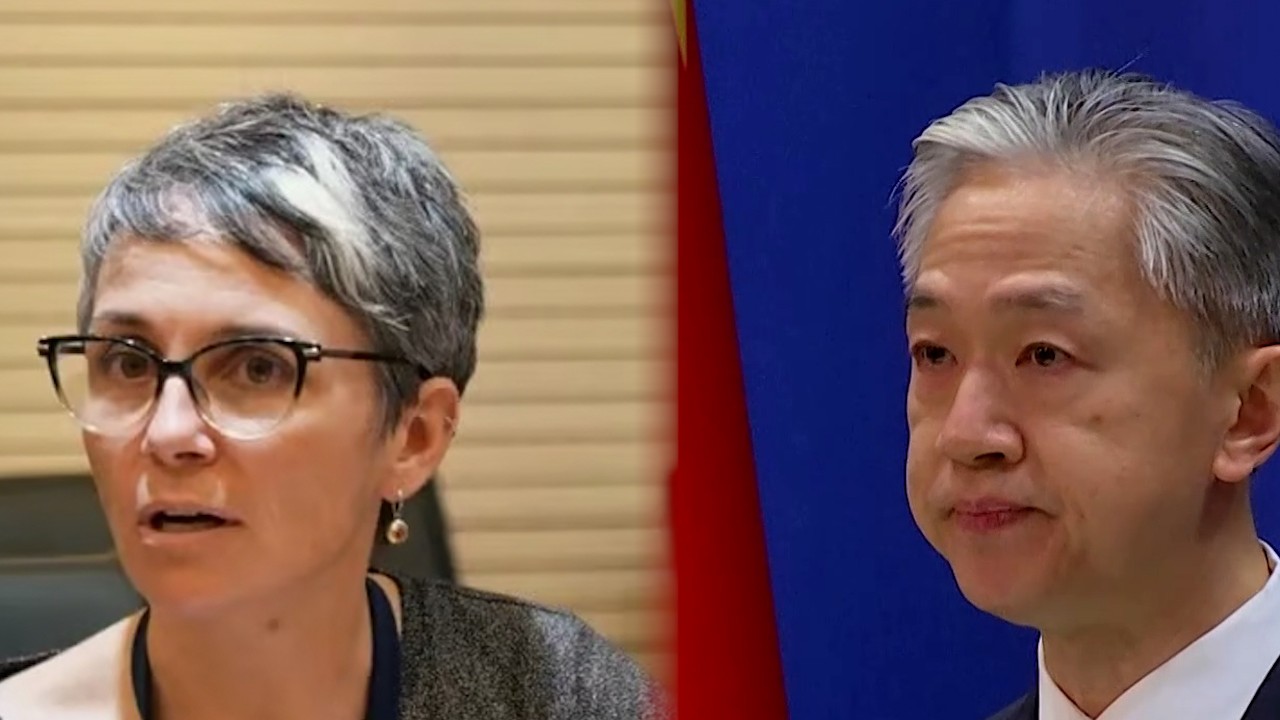Intelligence service warns China is recruiting Canadians on LinkedIn to spy for Beijing unwittingly
- Canadian Security Intelligence Service issues warning on Twitter as the country grapples with several reports of foreign interference in domestic affairs
- CSIS says network of Chinese intelligence ‘proxies’ pose as human resource workers or job recruiters to approach potential targets
The latest allegations by the Canadian Security Intelligence Service (CSIS) come as the country continues to grapple with numerous reports of Chinese interference in its domestic affairs – claims that Beijing has repeatedly and forcefully denied.
China’s foreign affairs ministry has not responded to an inquiry by the South China Morning Post.
In a Twitter thread posted on Tuesday evening, CSIS detailed how Chinese intelligence officers were targeting Canadians both domestically and abroad in a bid to gain access to “confidential, privileged” information.
“They identify people who are actively looking for jobs in strategic sectors or who have high-value credentials,” CSIS said. “Be careful who you connect with on LinkedIn and all other online platforms.”
Through a network of Chinese intelligence “proxies” posing as human resource workers or job recruiters, Canadians are first approached on social media platforms such as LinkedIn, where the conversation is then moved to third-party platforms such as WeChat or WhatsApp, CSIS said.
Canadian Mounties probing China’s targeting of lawmaker Michael Chong14 Jun 2023

Those targeted are then asked to write reports that could contain sensitive information for “consultants” and their “clients” – all of whom are Chinese intelligence officers – in exchange for payment.
“Intelligence officers may or may not reveal their true affiliation in order to preserve targets’ plausible deniability,” the agency said.
The warning came just one week after the head of the Royal Canadian Mounted Police, the country’s national police force, said there were “100 plus” ongoing investigations into suspected foreign interference, although he stopped short of saying how many were connected to China.
Canada has been rocked in recent months by a series of leaked intelligence reports detailing how Beijing allegedly meddled in two previous federal elections in favour of the governing Liberal Party, as well as other reports of since-closed “secret Chinese police stations” operating across the country.
Beijing has maintained that it respects Canada’s domestic affairs while calling the allegations “politically driven” and part of a campaign to “smear China”.
Bilateral tensions ran high in May with the tit-for-tat expulsion of diplomats after Canadian authorities accused Toronto-based Chinese diplomat Zhao Wei of helping Chinese intelligence agencies intimidate Conservative lawmaker Michael Chong and his family. Subsequently, Jennifer Lynn Lalonde, who works at the consulate general of Canada in Shanghai, was expelled by China.
Canadian Prime Minister Justin Trudeau has continued to face mounting pressure from opposition lawmakers and the public over his handling of the allegations. Earlier this month, a special rapporteur appointed by Trudeau to investigate the allegations announced he would resign amid accusations of partisan bias.
China-Canada relations have been strained since 2018 when Canada arrested Huawei CFO Meng Wanzhou at the behest of the United States over fraud allegations and Beijing detained two Canadians – Michael Spavor and Michael Kovrig – on spying charges soon after. All three were released in 2021.



No comments:
Post a Comment
Comments always welcome!